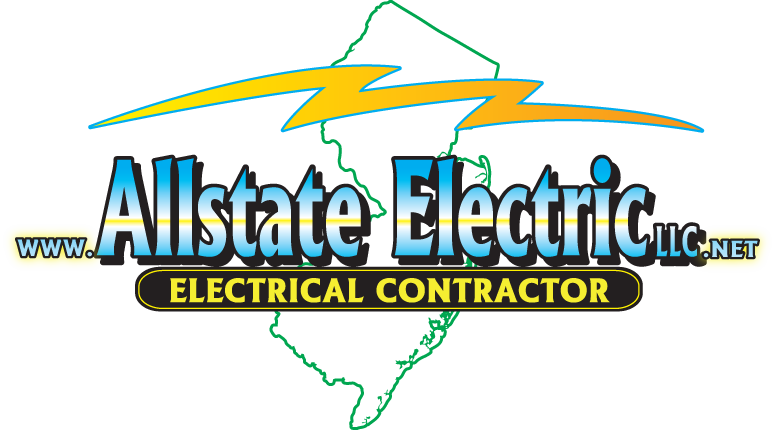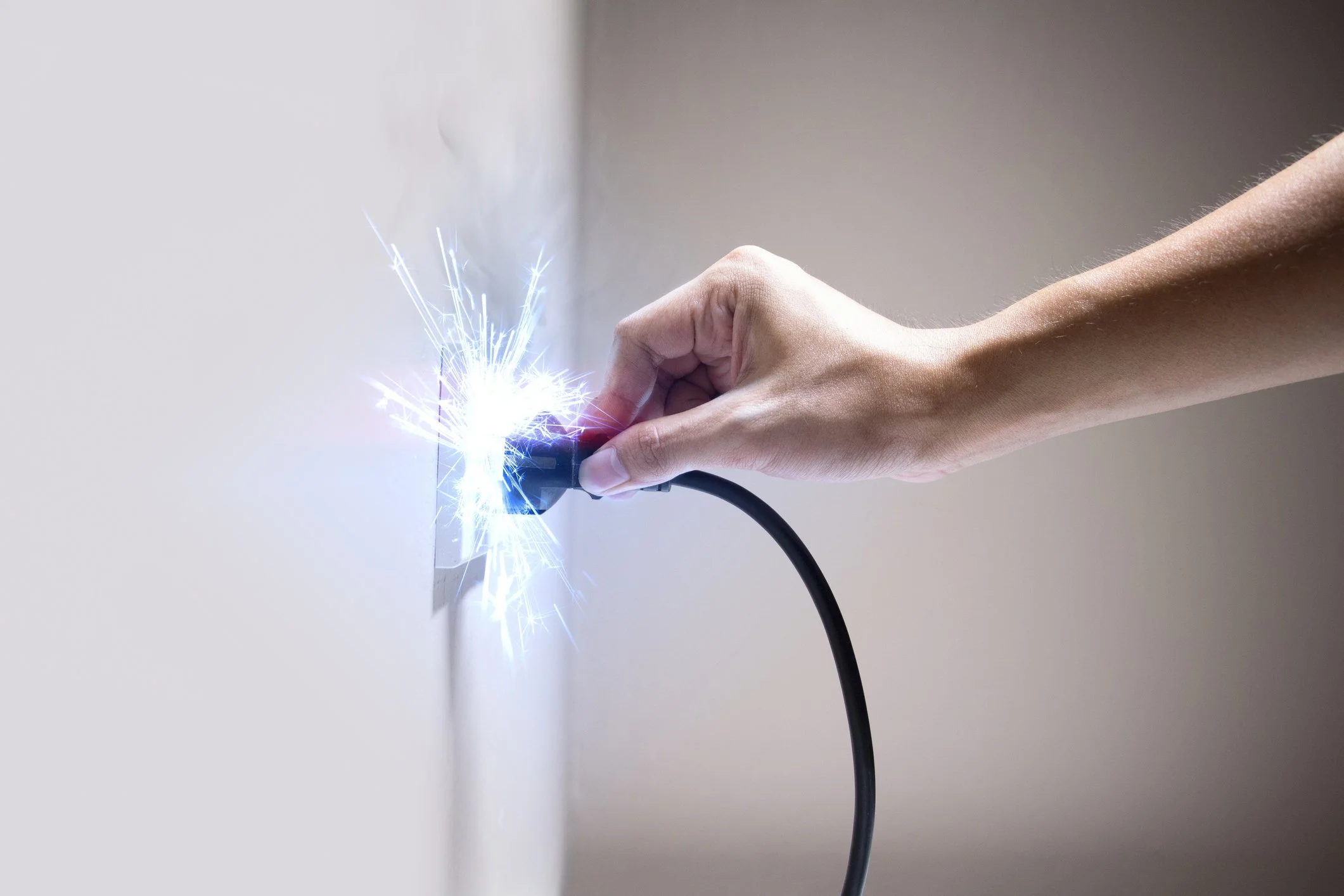The Dangers of DIY Electrical Work at Home: 5 Key Risks
Taking on DIY projects around the house can be a rewarding experience, but when it comes to electrical work, it’s best left to the professionals. While changing a light bulb or swapping out a fuse may seem manageable, more complex electrical tasks present serious risks that can jeopardize not only your property but also your safety. Here are five major dangers associated with DIY electrical work:
1. Electrical Shock
The most immediate and severe risk of DIY electrical work is electrical shock. The human body conducts electricity, and even a small shock can be painful. More powerful shocks can lead to burns, nerve damage, or even cardiac arrest. Without the right training, it's easy to overlook safety precautions, like ensuring power is fully turned off at the breaker. Even if you’re careful, faulty wiring or outdated electrical systems can increase the risk of unexpected shocks.
2. Fire Hazards
Poorly done electrical work can be a major fire hazard. Electrical fires often start due to faulty wiring, improper connections, and overloaded circuits—all of which can happen when DIY electrical projects are undertaken without sufficient knowledge. For instance, connecting wires incorrectly or using undersized wires can cause them to overheat, potentially igniting materials nearby. Home fires caused by electrical issues are particularly dangerous because they often smolder in walls or ceilings before erupting.
3. Code Violations and Legal Issues
Licensed electricians are trained to adhere to local and national electrical codes. These codes are designed to ensure that electrical systems are safe and up to standard. DIY electrical work frequently overlooks these codes, leading to code violations. These violations can have financial repercussions; if you’re selling your home or filing an insurance claim, unapproved modifications can decrease your property’s value or invalidate your insurance. Additionally, many states require homeowners to hire licensed electricians for certain jobs, meaning DIY work can lead to fines or legal issues.
4. Risk of Electrical Overload
Each home has circuits designed to handle a specific amount of electrical load. If you’re attempting a DIY installation without understanding load calculations, you risk overloading a circuit. An overloaded circuit can damage your appliances, cause frequent tripping of breakers, or even lead to overheating and fire. Overloading is a particular concern in older homes with limited circuits, as modern appliances demand more power than these systems were designed for.
5. Hidden Long-Term Damage
Even if your DIY work appears successful, improper wiring or connections can cause problems over time. Wires that are incorrectly installed or fastened can wear down, creating points of failure and even the risk of fire. Because these issues often remain hidden within walls, you might not notice anything wrong until the situation becomes serious. Trained electricians understand how to protect connections and use the right materials, ensuring durability and preventing long-term risks.
Why Hiring a Professional is the Best Choice
Although it may be tempting to save money with DIY electrical work, the risks far outweigh the benefits. Licensed electricians not only have the skills and tools needed to complete the job safely, but they also ensure that work is up to code and that your home’s electrical system is safe. By leaving electrical work to professionals, you’re protecting your home and everyone in it.
~~~
The professionals at Allstate Electric llc would be pleased to meet with property owners in Northern New Jersey to discuss all of your electrical installation, renovation, maintenance, and emergency needs.

